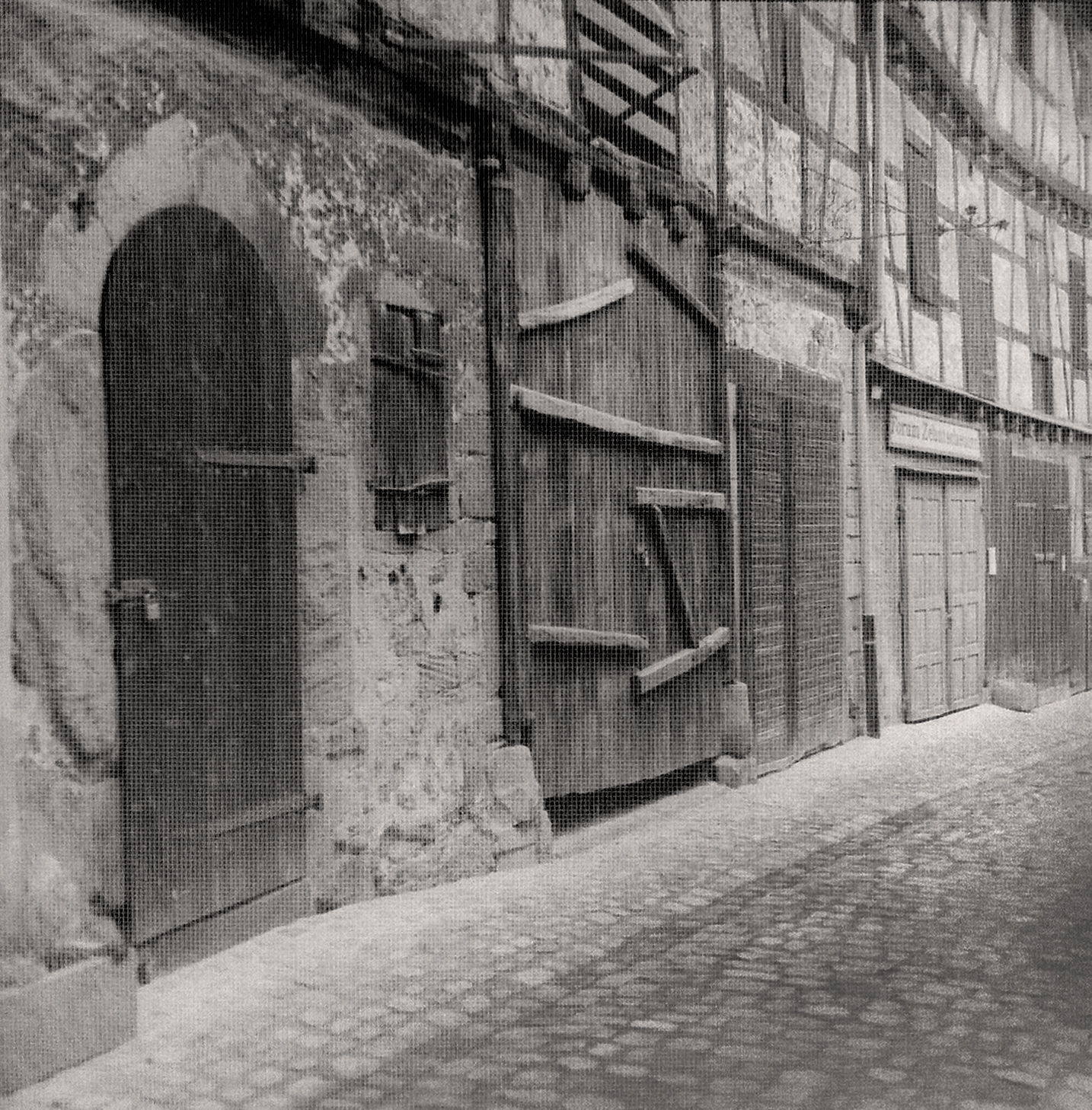Being here, walking the grounds of medieval Germany, my love for history is rekindled. It is not so much the architecture that fascinates me, but the resonance human beings leave behind. I cannot help but feel all the souls that have walked these ancient grounds
One of the medieval cities that takes me back in time is Gernbach. First mention in 1219 the city thrived with timber trade. Some of the buildings here were standing when Luther wrote Ninety-Five Theses. In 1517 Martin Luther (1483-1546) rejected the claim by the Catholic Roman Church that freedom from God's punishment for sin could be purchased with money. He sought to reform the Roman Catholic Church which he felt had been corrupted.
People who embraced his ideas were burned at the stake. These same people walked these alleys, and were perhaps prosecuted for their most valued beliefs. Today, cafes and cute shops leave almost no trace of the horrors that happened here in the dark ages.
But traces of history are not only prevalent in larger cities with architecture. Small villages, such as the one I was born in have a long history as well. My hometown (first records from 991) for example is more than 1000 years old, when people roamed this place along the River Rhine.
Bietigheim has two churches. The old Church (called the Chapel) dates back to 1150, where the new church was built in 1863, one hundred years before I was born.
Churches were the center of every village. The church bells were a way to know the time, know if someone died, man or woman, if there was a wedding or church service. The chime of each town is unique and it is the very first sound I hear when I return. It puts me back immediately to a time of ease and wonder.
xx




